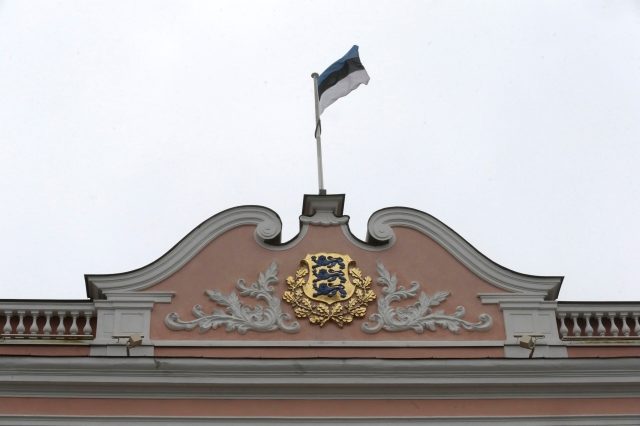SUMMARY
This is AI generated summarization, which may have errors. For context, always refer to the full article.

TALLINN, Estonia – Estonians voted on Sunday, March 1 in a parliamentary election with center-right Prime Minister Taavi Roivas favored to form a new pro-NATO coalition and fend off a challenge by an opposition party that wants better ties with neighboring Russia.
Roivas’ Reform Party, which has stressed fears of Russian interference in Estonia after Moscow annexed Ukraine’s Crimea region last year, led with 26% support in a final TNS EMOR poll on Friday against 22% for the centre-left Centre Party.
A free-marketeer and the youngest European Union leader at 35, Roivas is likely to be best placed to form a new coalition, even if the Centre Party wins the most votes.
Other big parties say they will not work with the Centre Party, which signed a 2004 cooperation deal with Russian President Vladimir Putin’s United Russia Party.
“Cooperation after the elections with the Estonian Centre Party would be very difficult for any of the other parties,” Roivas told Reuters.
The Centre Party says other parties may drop opposition to cooperating after Sunday’s vote in the northernmost Baltic state of 1.3 million people, where about a quarter are Russian speakers.
Estonians voted in partly sunny weather in temperatures above freezing, in a likely boost for turnover.
Other parties accuse Centre Party leader Edgar Savisaar, the mayor of Tallinn who was an interim prime minister from 1991-92, of failing to condemn Putin’s actions in Ukraine.
They also say his party has misused public funds in Tallinn, a charge his Tallinn city controlled government denies.
The Centre Party, which gets about 70% of the Russian-speaking vote, wants better ties with Moscow to guarantee security for the Baltic State that was part of the Soviet Union until independence in 1991.
It also says it wants to help the poor, by raising minimum wages to 1,000 euros ($1,120) a month from 390.
It is unclear if the assassination of Russian opposition politician Boris Nemtsov in Moscow on Friday, by an unknown attacker, could affect the vote.
Partial results will be published when polls close at 1800 GMT. It could take hours before results are clear.
Under Reform-led coalition governments, Estonia has been one of few NATO members to keep defense spending at a NATO goal of 2 percent of gross domestic product.
Estonia, a euro zone member since 2011, has the lowest public sector debt in the EU. Parties differ sharply over wages and tax policy. – Rappler.com
Add a comment
How does this make you feel?
There are no comments yet. Add your comment to start the conversation.